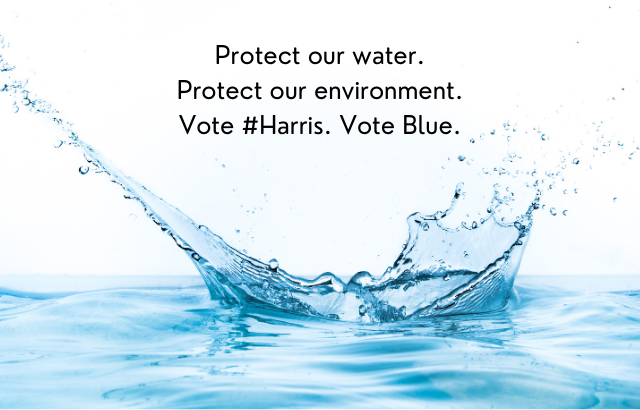
Glacier breaking edge in the Lemaire Canal. The Lemaire Canal is a narrow ship passage. It separates the island of Booth from the Antarctic Peninsula. Credit: W. Bulach, CC BY-SA 4.0, via Wikimedia Commons, December 8, 2005.
Some Climate Threats May Be Less Urgent, But Action Is Still Needed to Protect Ice Sheets
A recent study led by researchers at Dartmouth College brings some good news about the West Antarctic Ice Sheet, particularly Thwaites Glacier. Scientists have found that this massive ice sheet might be less likely to collapse during the 21st century than we previously feared. This discovery could mean that the threat of rapidly rising sea levels is not as immediate as some had thought.
What Is MICI and Why Does It Matter?
MICI stands for Marine Ice Cliff Instability. It’s a big concern in the world of climate science. The idea is that if the floating ice shelves around Antarctica collapse, they could expose tall ice cliffs. These cliffs might break apart quickly, leading to more ice melting and causing sea levels to rise around the world. Previous studies suggested that MICI could cause the West Antarctic Ice Sheet to collapse, leading to significant sea level rise by the end of this century.
How This Study Was Done
Scientists from several universities used advanced computer models to simulate what might happen to Thwaites Glacier if its ice shelf collapses. They applied new methods to gain a clearer understanding of the ice sheet’s stability. These models are more detailed and realistic than the ones used in older studies.
The new methods took into account how the ice both bends and breaks. This made the models more realistic in showing how the ice sheet might behave if the ice shelves collapse and tall cliffs are exposed.
The study also used more advanced and detailed models. By using three different models (ISSM, STREAMICE, and Úa), the researchers made sure their results were not limited to just one type of model. This approach gave a clearer picture of how stable the West Antarctic Ice Sheet might be, especially concerning MICI.
Key Findings: Less Risk of Collapse
The study’s results are reassuring. Even in the worst-case scenarios, where the ice shelf collapses completely, the models show that the glacier would likely remain stable throughout the 21st century. The exposed ice cliffs wouldn’t be tall enough to cause the runaway collapse that was previously feared.
Two important factors help keep the glacier stable:
- Faster Ice Movement: If the ice shelf collapses, the ice behind it would begin moving faster, which surprisingly helps prevent the cliffs from breaking apart.
- Thinning Ice: The ice near the front would become thinner, making the cliffs less likely to reach dangerous heights.
Why This Matters for Sea Levels
This study suggests that the scenarios where sea levels rise quickly due to the collapse of the West Antarctic Ice Sheet might not happen as soon as we thought. However, the scientists warn that other processes could still cause the ice to melt over the long term. We shouldn’t assume everything is fine, but it’s a relief to know that we might have more time to address these challenges.
Call to Action
This study is a reminder that while some climate threats may be less urgent than we feared, we still need to take action. Ice sheets like the West Antarctic are still at risk in the long run.
Morlighem, M., Goldberg, D., Barnes, J. M., Bassis, J. N., Benn, D. I., Crawford, A. J., Gudmundsson, G. H., & Seroussi, H. (2024). The West Antarctic Ice Sheet may not be vulnerable to marine ice cliff instability during the 21st century. Science Advances, 10(eado7794).


